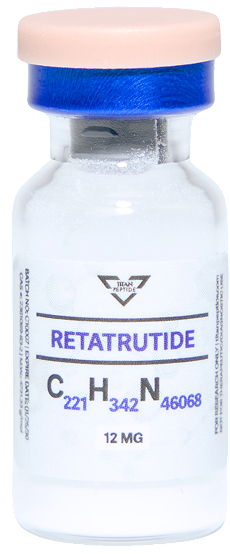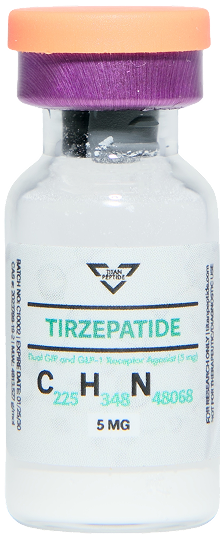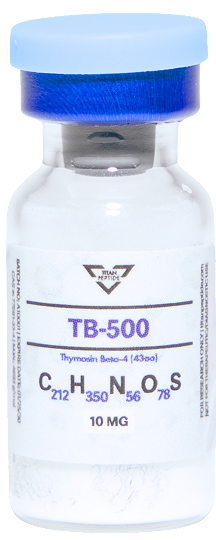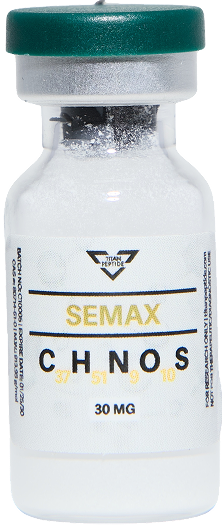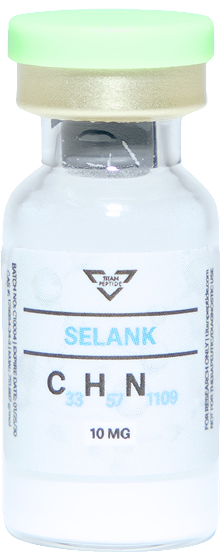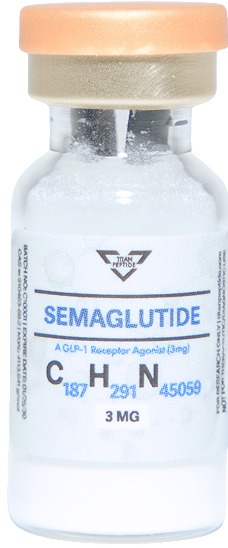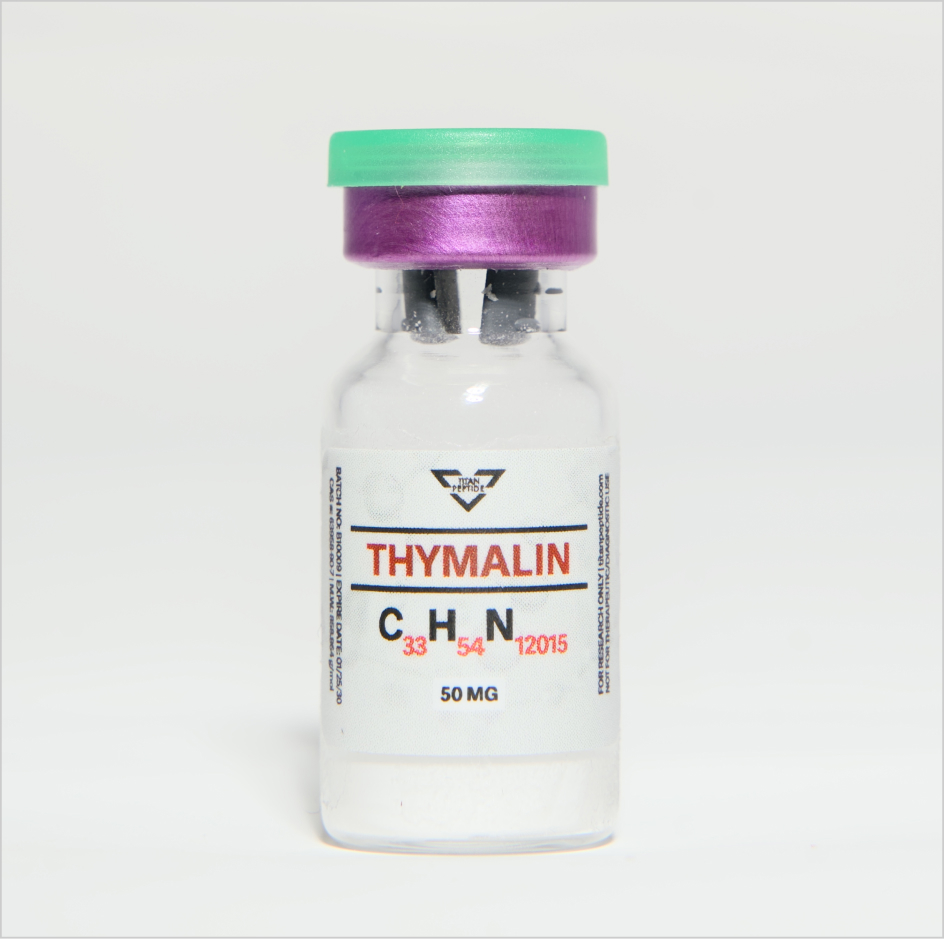

THYMALIN - 50mg
Thymalin is a synthetic peptide derived from the thymus gland, studied for its role in immune modulation and tissue regeneration. Research shows that Thymalin may support normalization of immune function, especially in aging models, by influencing T-cell production and activity. Studies also suggest its potential to improve markers of biological aging, promote repair mechanisms, and regulate protein synthesis. Due to these properties, Thymalin is being actively explored for its role in longevity research, immune restoration, and recovery support following physiological stress.





A synthetic analog of thymic hormones modeled for laboratory research.
Thymalin is a synthetic peptide derived from the thymus gland, primarily recognized for its immunomodulatory properties. It is structurally comparable to the naturally occurring hormone thymosin alpha 1, which is produced by the thymus gland and functions in the immune system. Thymalin is designed to enhance immune function and support overall health, particularly in individuals experiencing immune deficiencies or age-related declines in immune response. Thymalin has gained interest for its potential applications in various medical conditions, including autoimmune disorders and infections.
Thymalin works by stimulating the thymus gland and enhancing the activity of T-cells and other immune cells. It promotes the maturation of T-lymphocytes, improving the immune response to pathogens and contributing to overall immune system health. By modulating the immune system, Thymalin helps maintain a balanced and effective response to various health challenges.

Titan research and immune system function
Immune System Modulation:
Thymalin is widely studied for its potential role in modulating immune responses in research models, particularly in relation to T-cell activity and immune regulation.
Post-Illness Recovery Models:
Research suggests Thymalin may influence immune system recovery following exposure to viral or bacterial agents in laboratory environments.
Healthy Aging Pathways:
Thymalin has been explored in aging studies for its possible effects on thymic function and immune resilience in age-accelerated models.
Autoimmune Research:
Investigators are examining Thymalin’s effects on immune balance in autoimmune-related experimental settings, including cytokine regulation.
Oncology-Related Studies:
Some studies assess Thymalin’s potential to support immune integrity in models exposed to immunosuppressive agents or cancer-like conditions.
Titan research and immune system function
Thymic Immune Modulation:
Thymalin contains oligopeptides capable of binding DNA/histone sequences to influence T-lymphocyte differentiation, stem cell mobilization, and gene expression, making it relevant in immunological study and aging research
Immunosenescence & Restoration:
Investigated in older patient cohorts and severe infection models (e.g. COVID-19), Thymalin has demonstrated regulatory effects on lymphocyte subsets, cytokine normalization, and reductions in markers like CRP, D-dimer, and IL-6
Tissue Regeneration & Repair Models:
Preliminary research suggests Thymalin may support regenerative pathways via upregulation of hematopoietic proteins and facilitating repair mechanisms in damaged tissues
(I) Khavinson, V. Kh., et al. (2003). Peptide Thymalin modulates the expression of immune and aging-related genes in humans. → Demonstrated improvements in T-cell populations, immune balance, and anti-aging gene expression after 2–4 weeks. [Bulletin of Experimental Biology and Medicine, 135(5), 452–454]
(II) Teplyashin, V. A., & Khavinson, V. Kh. (2001). Clinical use of thymic peptides in aging and immunodeficiency. → Noted significant biological age reversal markers, including telomerase activation and inflammatory marker reduction.
(III) Morozov, V. G., et al. (2006). Effect of Thymalin on immunological resistance in elderly individuals. → Showed normalized leukocyte counts and immune rejuvenation after 30 days.

This chart illustrates the progressive improvement in immune modulation and aging biomarkers observed over a 4-week period in human clinical data. Each bar represents the estimated percentage increase in measured health markers compared to baseline.
Results show a steady upward trend: by Week 1, participants experienced a 10% improvement, which more than doubled to 22% by Week 2. By Week 4, the improvement reached 40%, indicating both rapid onset and cumulative benefits of Thymalin with continued use. This sustained growth highlights the potential of Thymalin to support long-term immune and aging-related health outcomes.
Form:
Lyophilized Powder
Storage (unreconstituted):
- Store at 2–8 °C (refrigerated), protected from light.
- For long-term storage, keep at –20 °C.
- Avoid repeated freeze–thaw cycles.
Reconstitution:
- Reconstitute with sterile water for injection or 0.9% NaCl immediately prior to use. Use aseptic technique.
Storage (after reconstitution):
- Store at 2–8 °C.
- Use within 7–10 days.
- Discard any unused solution after this period.
- Handle under sterile conditions.
- Do not shake vigorously (may cause peptide denaturation).
- Inspect visually for particulate matter or discoloration before use.
Issued for quality verification of tested material.
Feedback highlighting proven outcomes and reliability.



